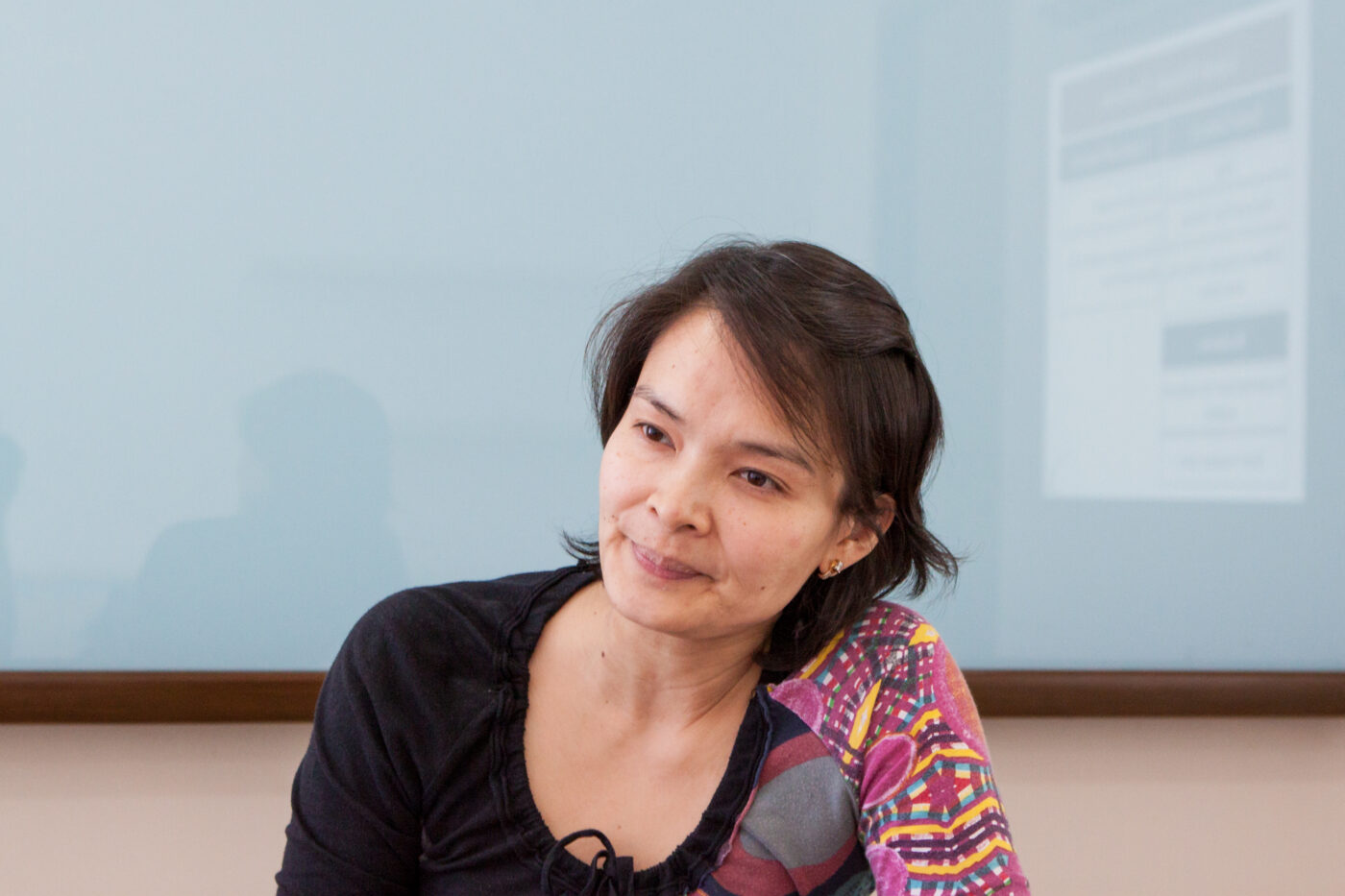A STEERING committee was established on February 17 in preparation for the new academic calendar. The Ateneo Loyola Schools (LS) and Professional Schools will be shifting to an August to May academic calendar effective school year 2015 to 2016.
As announced by University President Jose Ramon Villarin, SJ in his February 6 memorandum, the shift will be undertaken in line with the university’s thrust of globalization.
In the new academic calendar, the first semester will begin on August 10 and will end on December 2. The second semester is set for January 18 to May 21.The summer classes of 2015, meanwhile, are projected to be held from June 8 to July 18.
According to Villarin, the steering committee will head transition efforts such as addressing the concerns raised during the preliminary consultations with the Ateneo community.
The committee, which is headed by Vice President (VP) for University and Global Relations Jose Cruz, SJ, is composed of VP for the Loyola Schools John Paul Vergara, PhD, VP for the Professional Schools Antonette Palma-Angeles, PhD, the University Communication and Public Relations Office and a change management specialist.
Vergara and Palma-Angeles are leading sub-committees that will focus on the LS and Professional Schools, respectively.
Moreover, the steering committee further branches out with one unit solely concerned with the junior term abroad (JTA) program, which gives students the opportunity to study in a partner school abroad in their junior year.
During the transition period next school year, Villarin said information about the calendar shift would be disseminated through talks, social media campaigns, posters and tarpaulins.
A change management plan will also be put into action, similar to what was done during the initial implementation of the one-way traffic scheme.The new traffic plan was welcomed with signage and standees all over the campus, additional traffic marshals and a marching band.
“We have a year to work on these transitions. We have to prepare people because it will be a change of culture,” said Villarin.
He said that despite the difficult transition, shifting the academic calendar is a necessary step for the Ateneo to attain a more global perspective.
Addressing concerns
The steering committee will be dealing with various concerns brought about by shifting the academic calendar, one of which includes the warm weather during April and May.
Office of the VP for University and Global Relations Assistant Teresa Santos said that the committee would study ways to address this problem structurally, in line with the university’s initiative for promoting sustainability.
Among these solutions include the addition of more covered walkways, planting trees around buildings and installing solar farm-powered air-conditioning units in the classrooms.
Another area of concern is the possible cancellation of classes during the short six-week summer term in the June and July monsoon season.
According to Santos, studies will be conducted on how to possibly lengthen this term so as to accommodate make-up classes.
Academic concerns, meanwhile, include the time deficit in accommodating the two accelerated semesters that JTA participants have to take to avoid graduating late.
With the new academic calendar, however, only one accelerated term is needed because the school’s schedule will be in sync with other universities abroad.
The Professional Schools share similar concerns, but they also need to deal with the shortened review period for the bar and medical board examinees.
Santos said the committee will further look into this. A possible solution, however, is to integrate the reviews during senior year.
A step towards globalization
According to Santos, “the dream is to become a global university.”She said that this internalization strategy will further provide the Ateneo with a capacity to address global concerns and new frontiers.
“There’s a lively exchange and collaboration happening among universities from all over the world, and if we don’t make ourselves available to it by aligning to them, then we will just be watching from the sidelines,” she said.
Santos added that developing a global outlook stems from direct interaction with the world.
Shifting the academic calendar will increase diversity in the school and immersion in other cultures through student exchange. Apart from the JTA program, Santos said that there would be cultural study visits and possible joint or dual degrees.
“By 2030, we hope to have global course offerings in emerging fields with a study abroad component,” she added.
In the interim, Villarin said that synchronizing with other universities will allow “for a freer exchange of ideas, of people and of technology.”
“Becoming a world class institution means you have to partner. When you partner, one thing they consider, aside from your resources, is your time,” he said.
Villarin added that competing with the best minds in the world resulting from student exchange will sharpen the minds of both the students and the faculty of the Ateneo.
Mixed feedback
The academic calendar shift met mixed reactions from the Ateneo community.
Physical Education Department Assistant Professor Maria Amelia Bonoan said that the new academic calendar could strengthen the Ateneo’s relationship with international schools. However, it may also jeopardize the connection among local universities that continue to implement the regular June to March schedule.
Meanwhile, Biology Assistant Professor Ronie Calugay, PhD believes that the Ateneo should also prioritize improving the university’s research efforts.
“We are lagging behind [in terms of] research, and I think that the administration should prioritize looking on that rather than prioritize reshuffling the schedule,” he said.
Freshman Anton Miranda recognized the top Philippine universities that are making headway in implementing the same shift, which include the Ateneo, the University of the Philippines and the University of Santo Tomas.
“It is achievable to connect with foreign institutions while keeping the cooperation with local schools–a win-win solution,” he said.
“I just hope that more schools with good credentials can also join this ‘global community’ so that the Philippines can raise its standards on education.”







